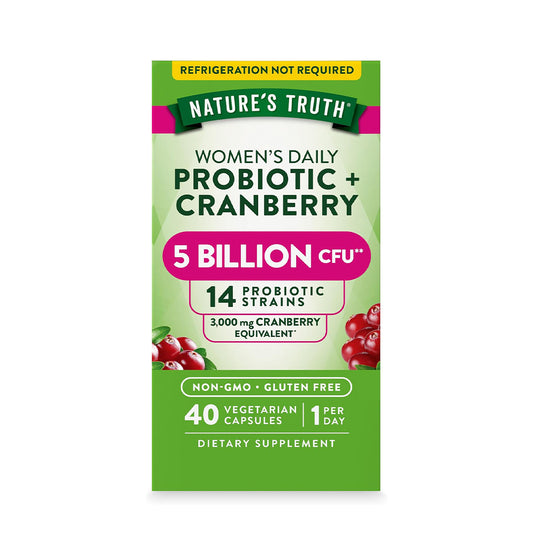
The Gut Connection: The Importance of Gut Health & Supporting it
Share
Gut health is an important aspect of overall health and well-being. The gut, which includes the digestive system and the microbiome, is home to a diverse community of bacteria that plays a critical role in digestion, immunity, and overall health. Maintaining the health of the gut is important for supporting these functions and promoting overall well-being.
The importance of gut health cannot be overstated. The gut plays a vital role in many aspects of health including:
- Digestion: The gut is responsible for breaking down and absorbing nutrients from food. It also helps to eliminate waste from the body.
- Immunity: The gut contains a large proportion of the body's immune cells, and it is involved in the production of antibodies and other immune substances.
- Metabolism: The gut is involved in the metabolism of several substances, including carbohydrates, fats, and proteins.
- Mental health: There is growing evidence that the gut and the brain are connected through the gut-brain axis, and that the health of the gut can impact mental health and well-being.
There are several natural ways to maintain gut health:
- Eat a diverse diet: A diet that is rich in fiber, fruits, vegetables, and fermented foods can help support the growth of beneficial bacteria in the gut. These types of foods provide a variety of nutrients that are essential for good health, and they can also help to stimulate the production of short-chain fatty acids, which have been shown to have several health benefits.
- Stay hydrated: Drinking plenty of water can help to keep the gut hydrated and support the movement of waste through the digestive system. Water is also essential for maintaining good bowel function and helping to flush toxins out of the body.
- Reduce stress: Chronic stress can disrupt the balance of bacteria in the gut, so it is important to find healthy ways to manage stress, such as through exercise, meditation, or talking to a therapist.
- Get enough sleep: Adequate sleep is important for overall health, including gut health. Aim for 7-9 hours of sleep per night.
- Avoid unnecessary antibiotics: Antibiotics can disrupt the balance of bacteria in the gut, so it is important to only use them when they are truly necessary.
There are many different vitamins and supplements that support gut health, and it's important to remember that everyone's nutritional needs are different. It's always a good idea to speak with a healthcare professional before starting any new supplement regimen.
Here are a few vitamins and supplements that may support gut health:
- Probiotics: Probiotics are live microorganisms that are similar to the beneficial bacteria found in the human gut. They may help to restore the balance of bacteria in the gut and improve digestive function.
- Fiber: Fiber is a type of carbohydrate that is found in plant-based foods and helps to add bulk to the stool, which can support regular bowel movements and gut health.
- Vitamin D: Vitamin D is a fat-soluble vitamin that is important for bone health and may also support gut health by helping to regulate the immune system.
- Zinc: Zinc is a mineral that plays a role in immune function and may also support gut health by helping to maintain the integrity of the intestinal barrier.
It's important to consult with a healthcare professional before starting any new supplement regimen, as some supplements can interact with medications or have potential side effects.
Overall, the gut plays a vital role in many aspects of health and well-being. It is important to maintain the health of the gut in order to support these functions and promote overall well-being. This can be achieved through a healthy diet, regular exercise, stress management, and other lifestyle factors. If you have any concerns about your gut health, it is important to speak with a healthcare provider.




